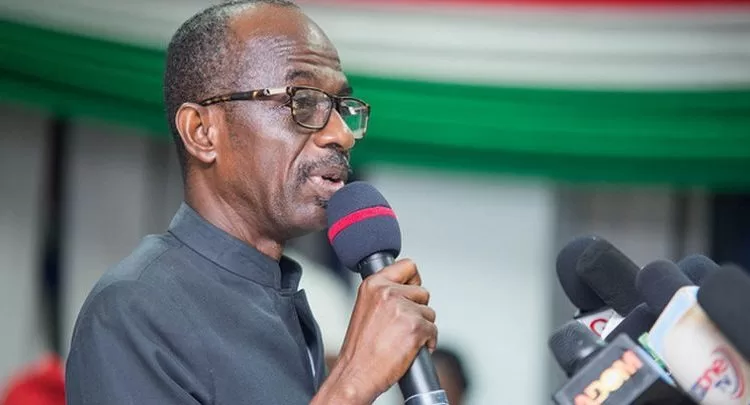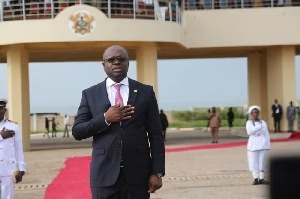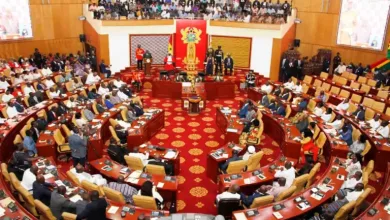Johnson Asiedu Nketiah, the National Chairman of the opposition National Democratic Congress (NDC), has dismissed the effectiveness of peace declarations in ensuring electoral tranquility in Ghana.
He argues that such declarations have proven ineffective in maintaining peace during elections.
In a recent interview, Asiedu Nketiah expressed skepticism about the value of peace agreements, stating, “Signing a peace declaration doesn’t hold much significance for the party, as past agreements have not led to tangible results.”
He emphasized the need for more than just symbolic gestures, advocating for proactive measures to prevent electoral violence. “If violence is allowed to develop, it will occur regardless of any declaration. This is why I have been advocating for over a year to address the root causes of potential violence,” he explained.
Asiedu Nketiah criticized the practice of focusing on peace accords only after conflicts have already begun and urged authorities to address underlying issues before they escalate. “When conflicts arise, I urge those who will later call for declarations to intervene early and prevent these situations. Simply organizing peace football matches or signing declarations will not be effective if the root causes of violence are not tackled. We experienced this in the 2020 elections,” he said.
Despite the involvement of the Council of State and the National Peace Council in previous peace initiatives, Asiedu Nketiah noted that the 2020 election still saw significant violence. He insisted, “The issue is not whether we sign declarations or not; we must address the fundamental issues that contribute to violence.”
He also warned of potential unrest due to the alleged illegitimate hiring of around 10,000 individuals into security services, calling it a brewing problem.
The 2020 general elections saw five fatalities, according to the National Election Security Taskforce (NESTF), with 61 reported incidents of electoral and post-electoral violence, including six involving firearms.




